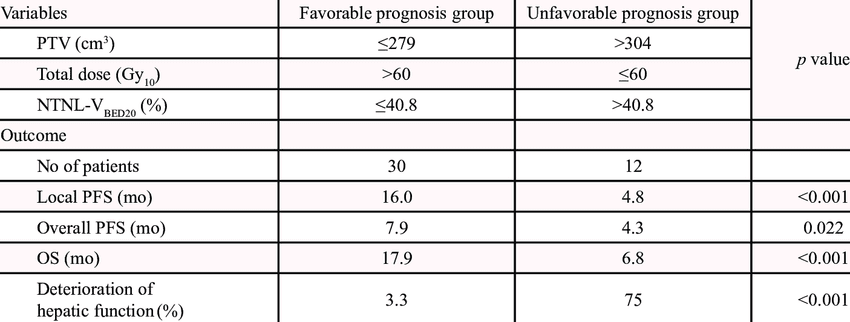We can find out what awaits us in 10, 20 or 30 years, explains psychologist Dmitry Leontiev. The results of many years of research confirm that it is entirely within our power to live a full life until its very last day.
Suppose we are convinced that it is time to finally start eating right and quit smoking, walk more and take care of ourselves, try new things and make time for our favorite activities. All this, of course, is good in itself, but how do we know that such a way of life will bear fruit in many years? Today, choosing our own path, we can rely on the data of the so-called longitudinal studies, in which psychologists have been observing the same group of people for many years. The longest-running Longitudinal ever conducted began in 1938 and continues to this day. This study covers more than 300 graduates of Harvard University (USA), who have already overcome the 80-year milestone. Now he is supervised by clinical psychologist, professor at Harvard Medical School George Valiant (George Vaillant). Valiant argues that there are reliable signs that actually allow us to predict whether we will live to old age and whether we will be well at that age *. His conclusions are also based on data from two other longitudinal studies: a study (since the late 1940s) of 450 adolescents from disadvantaged neighborhoods in Boston and a study conducted at Stanford (since the 1920s) of 90 women with very high levels of intelligence. George Valiant distinguishes two extreme groups: one – healthy and happy in old age, the second – sick and unhappy. What does getting into one or the other group depend on?
Parents are not to blame
Let’s start with what does not affect our sense of self in old age. Research data disproved the myth regarding the fatal influence of early childhood on everything that happens to us later. If childhood is unhappy, then this is not fatal, options are possible. Even orphans by the age of 80 were as likely to be happy and healthy as those who were surrounded by loving parents and relatives. The social and psychological characteristics of parents had some influence on personality in early adulthood, but ceased to play any role by the age of seventy. The life expectancy of children has nothing to do with the life expectancy of parents, at least in the United States. Another surprise: the number of stressful events in life in relation to old age does not affect anything at all.
Getting old is beautiful
The study found personality traits and behaviors up to age 50 that are fairly reliable predictors of happy or unhappy old age 30 years ahead (see box on this page). A positive prognosis can be given if 4 or more of the 7 factors conducive to a good old age are present in our lives. A good old age in this case means the absence of serious objective somatic disorders and mental illness, normal health, support from friends and relatives, subjective satisfaction with life – all this at the age of 65–75 years. This is not as rare as it might seem, and most importantly, a lot depends on ourselves – much more than on upbringing or circumstances.
Everything has its time
The most unexpected thing is that the factors affecting health change with age: what was important at 40 or 50 turns out to be key at 60 and 70. For example, in terms of cholesterol levels at the age of 50, the future “happy” and “ unfortunate old people are no different, but later it becomes an important factor. Almost like in the Bible: a time to watch your cholesterol and a time to neglect it, says Valiant. There are other interesting observations as well. In particular, normal health, that is, the subjective perception of one’s condition, is more important than objective health parameters. Misfortunes and other unpleasant events do not doom us to a difficult old age, if we know how to cope with them. Those who are able to accept the people around them, forgive and be grateful live better at a later age. And finally, creativity, play and young friends who replace those who are leaving contribute to a happy old age.
* G. Vaillant «Aging Well». Little, Brown and Company, 2002.
Keys to the future
If we want to enjoy life after 65, it is important to take care of it before we turn 50. Here are seven keys to a prosperous old age that are worth stocking up.
1 No heavy smoking (more than a pack a day) is the strongest factor. It is important to drop to 45-50, then the negative influence will disappear. A cigarette does not count from time to time.
2 Mature psychological defenses: humor, anticipation (foresight), sublimation. Psychological defenses are typical ways to cope with unpleasant experiences and conflicts. Immature defenses – repression, aggression, denial – provide only a temporary elimination, and not a solution to the problem.
3 Normal weight.
4 The absence of alcohol abuse is the only factor that predicts both psycho-emotional and physical health at a later age. Of those who do not smoke or abuse alcohol, 75% do not have problems with physical activity at the age of 80–64. Of those who smoke a lot or are committed to alcohol – 24-36%. Of those who allow themselves both, – 8%.
5 A stable marriage that brings satisfaction.
6 Some physical activity. This factor, like the previous one, affects not only physical health, but also subjective well-being.
7 The level of education. This factor is less significant than others. It did not show up in the Harvard sample, where everyone had a very high level of education, but it turned out to be very important in difficult Boston teenagers who had different lives. At the same time, social class and intelligence do not have an influence.










